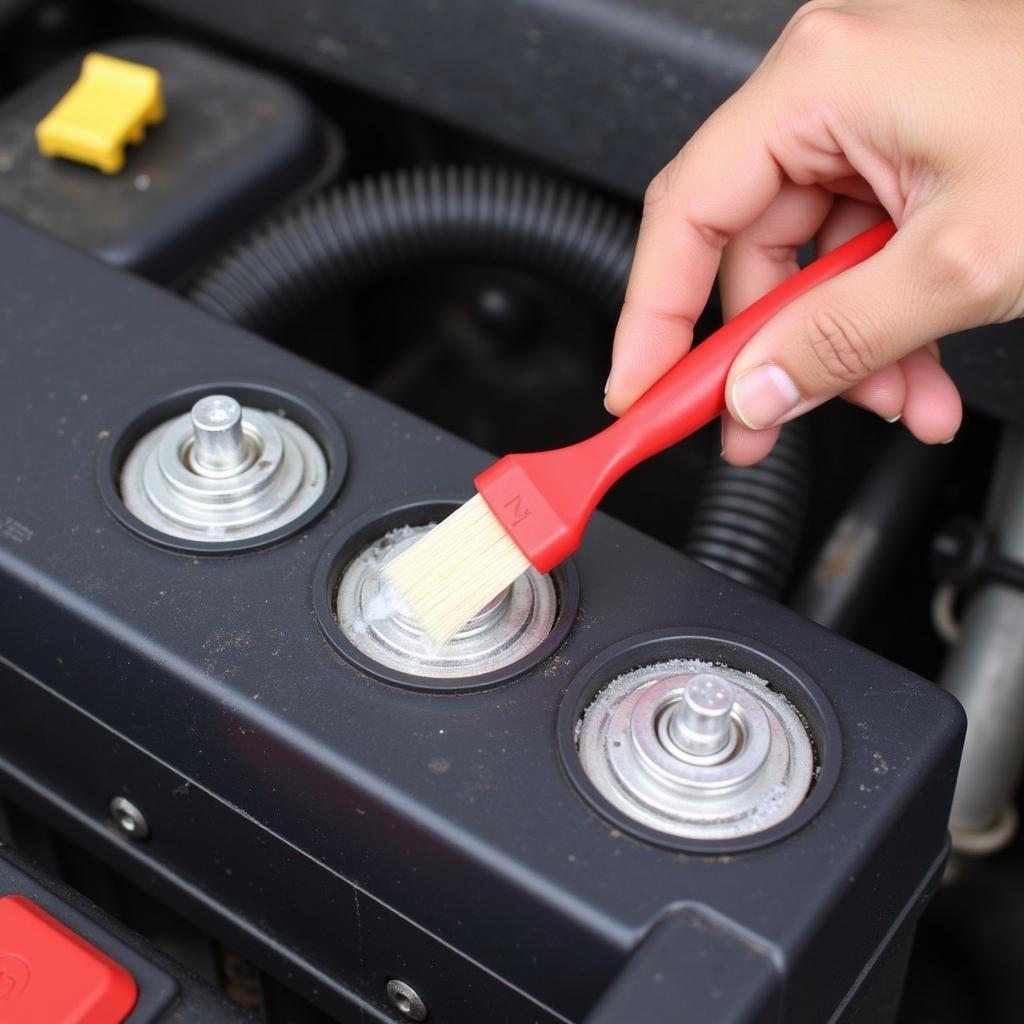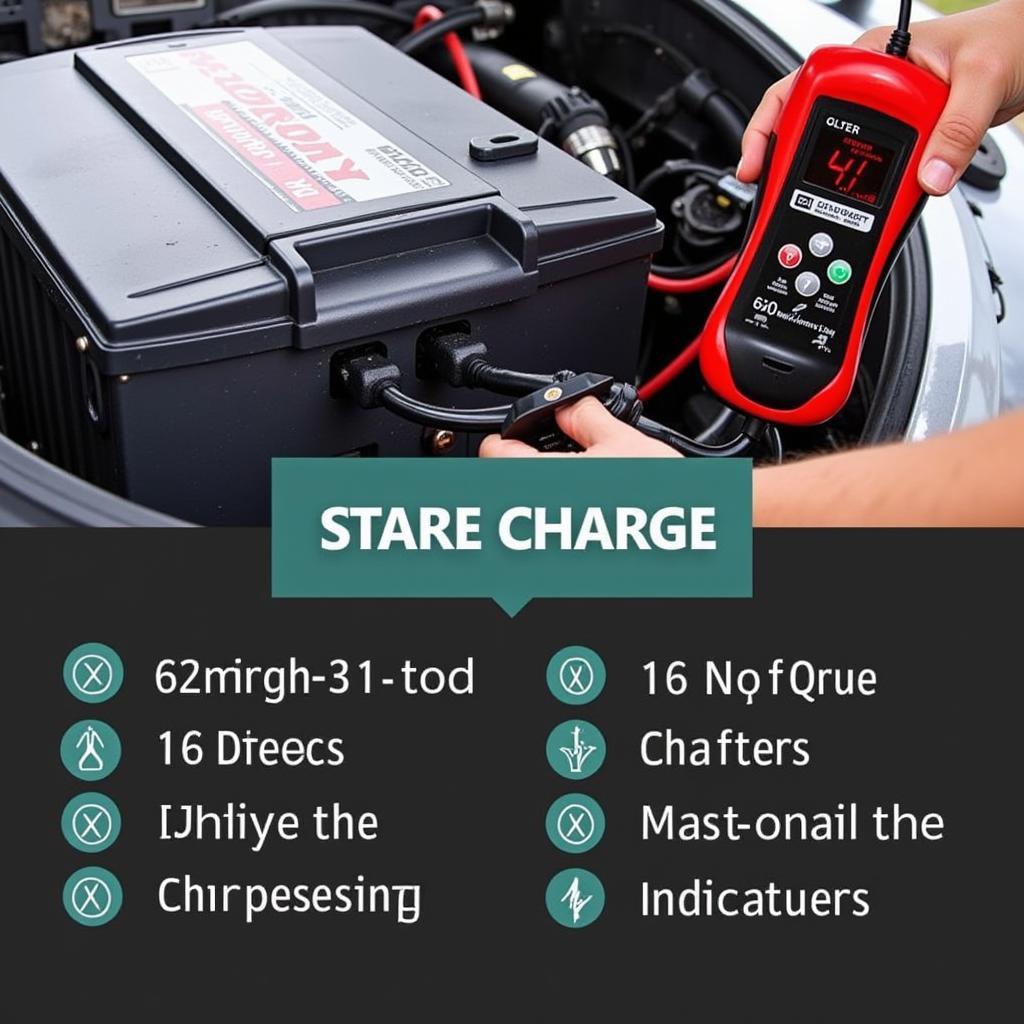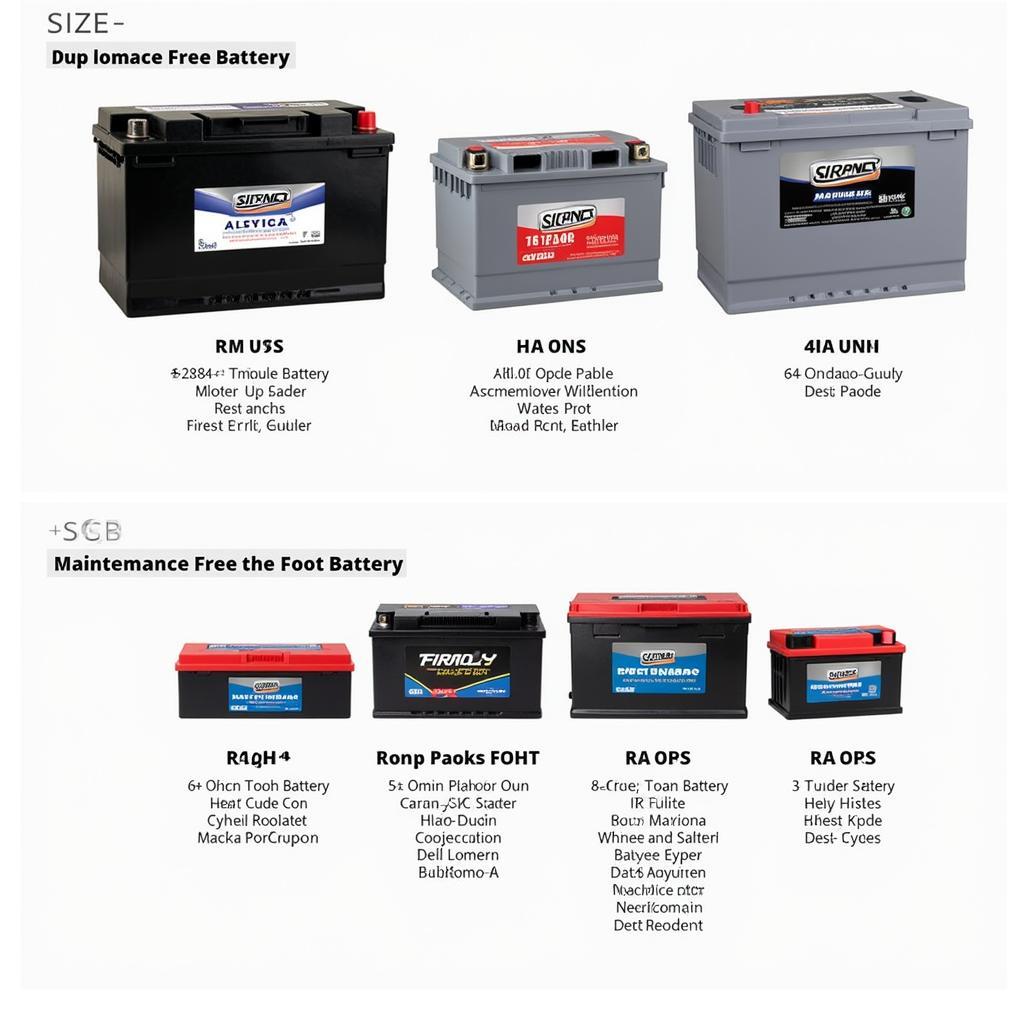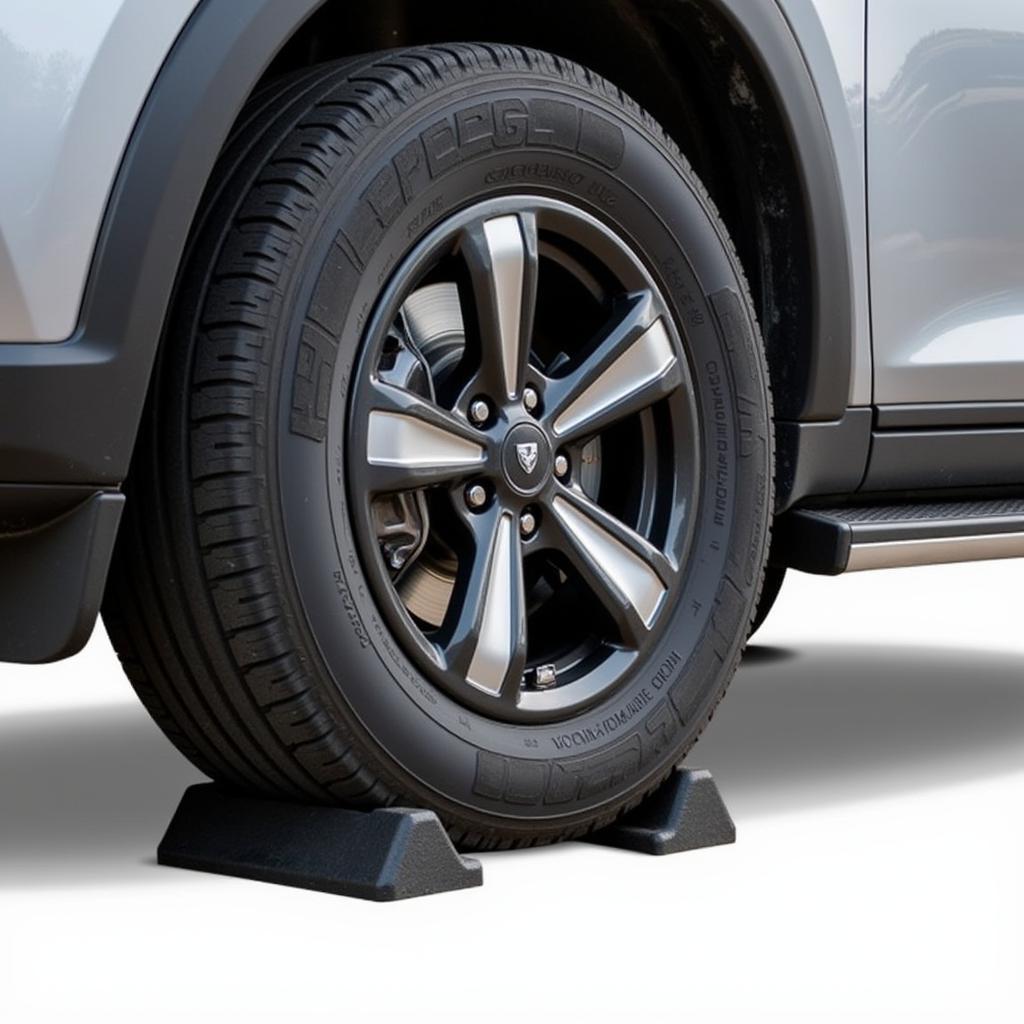Car Battery Maintenance Free Deep Cycle batteries are becoming increasingly popular among car owners, mechanics, and technicians. These batteries offer the convenience of not needing regular maintenance like traditional batteries, making them a practical choice for various automotive applications. This guide will explore everything you need to know about these powerful energy sources. After reading this, you’ll understand the benefits, maintenance (or lack thereof), troubleshooting, and charging of these batteries. Let’s dive in.
Choosing a maintenance-free, deep-cycle car battery is a great way to reduce the hassle of regular upkeep. But what exactly are these batteries, and how do they differ from standard car batteries? A deep-cycle battery is designed to provide sustained power over a longer period, as opposed to the short bursts needed for starting an engine. This makes them ideal for applications requiring continuous power, such as powering accessories in RVs, boats, and golf carts. Combining this deep-cycle capability with a maintenance-free design means you don’t have to worry about checking water levels or performing other routine tasks. For more information on charging these batteries, check out this helpful resource: charging maintenance free car battery.
Understanding Car Battery Maintenance Free Deep Cycle Technology
Maintenance-free batteries are sealed units, meaning they don’t require you to top up the electrolyte levels. This is a significant advantage as it simplifies the maintenance process and reduces the risk of acid spills. The “deep cycle” aspect refers to the battery’s ability to be discharged and recharged repeatedly without significantly impacting its lifespan. This feature is crucial for applications where the battery is regularly drained and recharged.
How to Choose the Right Car Battery Maintenance Free Deep Cycle Battery
Selecting the right maintenance-free deep-cycle car battery depends on several factors. Consider the amp-hour rating (Ah), which indicates the battery’s capacity to deliver power over a specific period. A higher Ah rating generally means longer runtime. Also, pay attention to the group size, which determines the battery’s physical dimensions. Ensure the chosen battery fits the designated space in your vehicle. Finally, think about the battery’s intended use. Some batteries are better suited for starting engines, while others are designed for deep-cycle applications. Understanding the specific requirements of your application will help you make the right choice.
Maintaining a Car Battery Maintenance Free Deep Cycle Battery
While these batteries are maintenance-free, it doesn’t mean they require zero attention. Keeping the battery clean and free of corrosion is important. A simple cleaning with a baking soda and water solution can prevent terminal corrosion. Also, ensuring the battery is properly charged and avoiding over-discharging will help prolong its lifespan. Need more maintenance tips? Check out this article on maintenance free car battery repair.
 Cleaning Corroded Terminals on a Maintenance-Free Deep Cycle Car Battery
Cleaning Corroded Terminals on a Maintenance-Free Deep Cycle Car Battery
Troubleshooting Common Issues with a Maintenance Free Deep Cycle Car Battery
Even with the best care, issues can occasionally arise. One common problem is slow cranking, which often indicates a low charge or a failing battery. Another issue could be a swollen or leaking battery case, indicating internal damage and requiring immediate replacement. Understanding these common problems can help you diagnose and address them promptly. Maintaining your golf cart battery is also crucial for its performance; find out more here: club car golf cart battery maintenance.
Charging a Car Battery Maintenance Free Deep Cycle Battery
Using the correct charger and charging procedure is essential for maintenance-free deep-cycle batteries. Using an incompatible charger can damage the battery and reduce its lifespan. Always refer to the manufacturer’s recommendations for the appropriate charging method.
 Charging a Maintenance-Free Deep Cycle Car Battery using a Smart Charger
Charging a Maintenance-Free Deep Cycle Car Battery using a Smart Charger
The Future of Car Battery Maintenance Free Deep Cycle Technology
As technology advances, maintenance-free deep-cycle batteries are constantly improving in terms of capacity, lifespan, and performance. New materials and manufacturing techniques are being developed to enhance their efficiency and durability. Keeping up with these advancements can help you make informed decisions when choosing a battery for your specific needs.
“A quality deep-cycle, maintenance-free battery is a smart investment for any vehicle owner,” says John Davis, Senior Automotive Engineer at Auto Experts Inc. “The convenience and long-term performance benefits are well worth it.”
Car Battery Maintenance Free Deep Cycle Batteries in Electric Vehicles
While deep-cycle batteries are primarily associated with auxiliary power systems, understanding their principles is relevant to electric vehicles. Electric cars also rely on deep-cycle batteries, albeit much larger and more sophisticated. Learning about deep-cycle technology can provide valuable insights into the overall functionality of electric vehicles. For those curious about electric vehicle maintenance, check out: [does electric car need any kind of maintenance](https://autotippro.com/does-electric-car-need-any-kind of-maintenance/). “The principles behind deep-cycle batteries in auxiliary systems and EVs are fundamentally similar,” adds Dr. Emily Carter, Battery Research Scientist at PowerTech Solutions. “Understanding one can definitely shed light on the other.”
 Different Types of Car Battery Maintenance Free Deep Cycle Batteries
Different Types of Car Battery Maintenance Free Deep Cycle Batteries
Looking for a reliable brand? Check out this information on ac delco maintenance free car battery.
Conclusion
Car battery maintenance free deep cycle batteries are a reliable and convenient power source for various automotive applications. Understanding their characteristics, proper usage, and troubleshooting can help you maximize their lifespan and performance. Choosing the right battery and following the manufacturer’s recommendations is essential for optimal results. Contact AutoTipPro at +1 (641) 206-8880 or visit our office at 500 N St Mary’s St, San Antonio, TX 78205, United States, if you have any questions or require assistance.






Leave a Reply